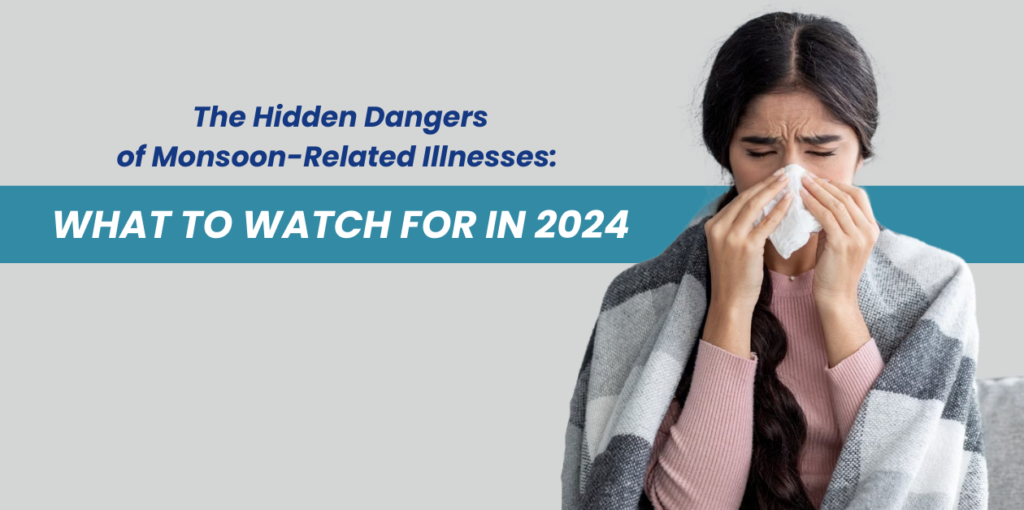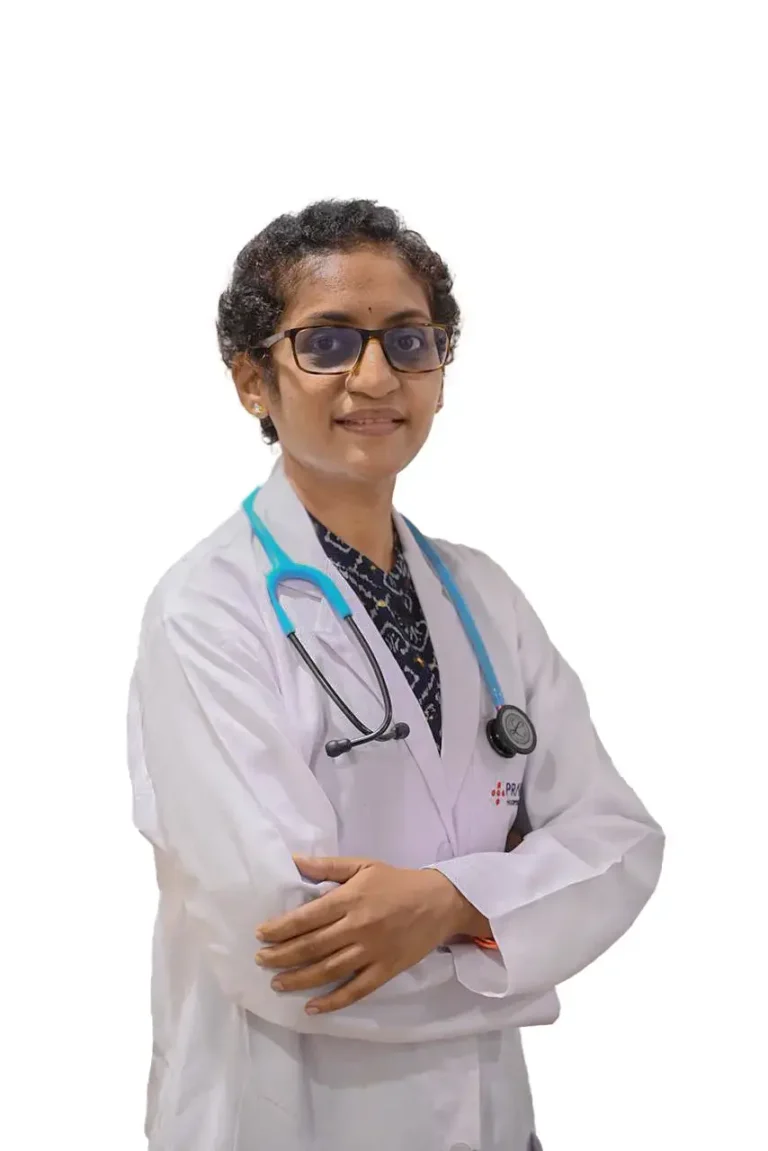The Hidden Dangers of Monsoon-Related Illnesses: What to Watch for in 2024

The monsoon season brings much-needed relief from the scorching heat, but it also brings a host of health concerns. In 2024, monsoon-related illnesses continue to pose significant risks. This blog discusses common health issues during the rainy season and provides tips for prevention.
Common Monsoon-Related Illnesses
Monsoon season is associated with various illnesses, including dengue fever, malaria, leptospirosis, and gastrointestinal infections. Stagnant water and increased humidity create ideal breeding grounds for mosquitoes and bacteria, leading to a rise in these diseases.
Dengue Fever
Dengue fever is a viral infection transmitted by Aedes mosquitoes. Symptoms include high fever, severe headache, joint and muscle pain, and rash. Preventive measures include using mosquito repellents, wearing protective clothing, and eliminating stagnant water sources. In 2024, new vaccines and antiviral treatments are being developed to combat dengue fever more effectively.
Malaria
Malaria is caused by Plasmodium parasites transmitted through the bites of infected Anopheles mosquitoes. Symptoms include fever, chills, and flu-like illness. Preventive measures include using insecticide-treated bed nets, indoor spraying, and taking antimalarial medications if traveling to high-risk areas. Advances in malaria research are leading to the development of more effective treatments and preventive measures.
Leptospirosis
Leptospirosis is a bacterial infection spread through contact with contaminated water or soil. Symptoms include high fever, muscle pain, and jaundice. Preventive measures include avoiding wading through floodwaters, wearing protective footwear, and maintaining good hygiene. In 2024, new diagnostic tools and treatments are being developed to improve the management of leptospirosis.
Gastrointestinal Infections
Monsoon season often leads to an increase in gastrointestinal infections due to contaminated food and water. Symptoms include diarrhea, vomiting, and abdominal pain. Preventive measures include drinking boiled or filtered water, eating freshly cooked food, and practicing good hand hygiene. Advances in water purification and food safety technologies are helping to reduce the incidence of these infections.
Prevention Tips
- Use mosquito repellents and nets: Protect yourself from mosquito bites by using repellents and sleeping under insecticide-treated nets.
- Avoid wading through floodwaters: Floodwaters can be contaminated with bacteria and parasites. Avoid wading through them and wear protective footwear if necessary.
- Drink boiled or filtered water: Ensure that your drinking water is safe by boiling it or using a reliable water filter.
- Eat freshly cooked food: Avoid eating raw or undercooked food, especially from street vendors. Opt for freshly cooked meals to reduce the risk of gastrointestinal infections.
- Maintain good hand hygiene: Wash your hands regularly with soap and water, especially before eating and after using the restroom.
- Keep your surroundings clean: Eliminate stagnant water sources around your home to prevent mosquito breeding. Regularly clean and disinfect surfaces to reduce the risk of bacterial infections.
Conclusion
Monsoon-related illnesses can be severe, but with proper precautions, they can be prevented. By staying informed and taking preventive measures, you can enjoy the monsoon season while keeping yourself and your loved ones safe. Advances in medical research and technology are helping to improve the prevention and management of these illnesses, making it easier to stay healthy during the rainy season.
About Author
Dr. Y Swetha
MBBS ,MD General Medicine
Dr. Y Swetha is a skilled physician currently practicing at PI Health Cancer Hospital. She holds an MBBS from Kamineni Institute of Medical Sciences and an MD in General Medicine from Prathima Institute of Medical Sciences. Dr. Swetha has extensive experience in outpatient, inpatient, emergency, and critical care settings. She is proficient in managing chronic conditions, critical emergencies, and advanced procedures such as ventilator management and catheter placements. Her academic contributions include presentations on deep vein thrombosis, splenic infarcts, and cardiac tamponade. Dr. Swetha also volunteered as a Telemedicine Doctor during the COVID-19 pandemic, demonstrating her commitment to patient care. With a First Class in MD and fluent in English, Telugu, and Hindi, Dr. Swetha is dedicated to providing compassionate and comprehensive medical care.

